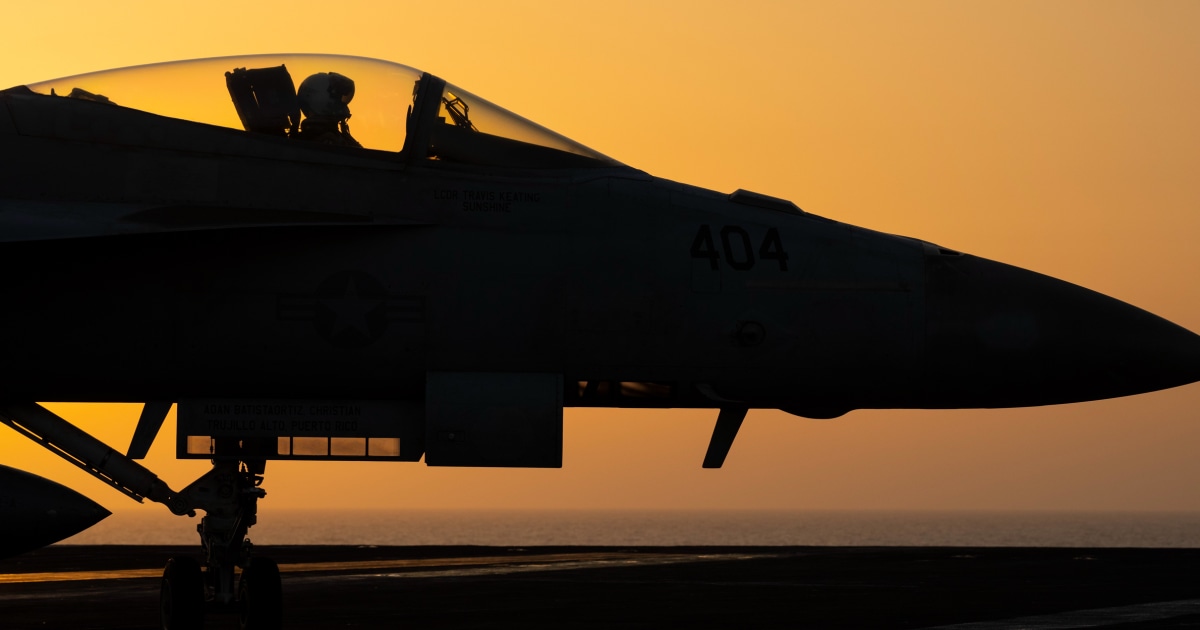Bussiness
President elections put Nippon Steel’s $15 bn takeover of US Steel in peril

Nippon Steel is locked in a standoff with a union that represents some of the most politically powerful voters in the United States. | Photo: Bloomberg
When US Steel put itself up for sale in 2023, executives at Nippon Steel in Tokyo saw an opportunity: Buying the American steel maker could help it offset anaemic demand in its home country and strengthen its hand in a global business dominated by China.
On December 18, the companies announced that Nippon Steel had agreed to acquire US Steel for $14.9 billion, a 40 per cent premium to US Steel’s share price at the time. Analysts praised Nippon Steel as a potential saviour of US Steel, a onetime backbone of the American economy that had fallen behind rivals.
But almost immediately, the merger incited a backlash in the United States that has prevented it from being completed.
US politicians from both parties have condemned the prospect that a storied 123-year-old American industrial company would be acquired by a foreign corporation. The timing was also particularly bad for Nippon Steel: The United Steelworkers union, the group that most forcefully opposed the deal, is based in Pennsylvania, a state that could determine the winner of the presidential election in November.
Much of the furore surrounding the deal can be traced back to Nippon Steel’s decision not to consult union leaders while it negotiated with US Steel, according to interviews with some of the key players, including two US and Japanese officials who informally advised Nippon Steel. Both spoke on the condition of anonymity because they were not authorised to speak publicly.
Nippon Steel also initially underestimated the challenges that United Steelworkers opposition would pose to closing the deal, especially in an election year, the two officials said.
The United Steelworkers has taken action under its labour contract to contest the acquisition in what experts say is an effort to win concessions for workers.
“It would have been hard to expect how political this deal has become,” said Nick Wall, a Tokyo specialising in mergers and acquisitions at the law firm A&O Shearman, which is not involved in the negotiations. The presidential election, he said, “is going to be won or lost in several key states that just so happen to be at the very centre of this deal.”
The day the merger was announced, said David McCall, the international president of the United Steelworkers, he received a phone call at 6 am from the chief executive of US Steel, David Burritt, who talked him through the details of the deal. McCall was taken aback.
Months earlier, another company that had bid for US Steel, the American steel producer Cleveland-Cliffs, had talked through its plans with union leaders and asked for their support. Now, he was hearing of the involvement of a Japanese buyer for the first time.
The union immediately came out against the acquisition, which, it said, violated an agreement it had with US Steel that promised to inform the union in advance of any change in control of the company.
©2024 The New York Times News Service
First Published: Aug 26 2024 | 10:30 PM IST










